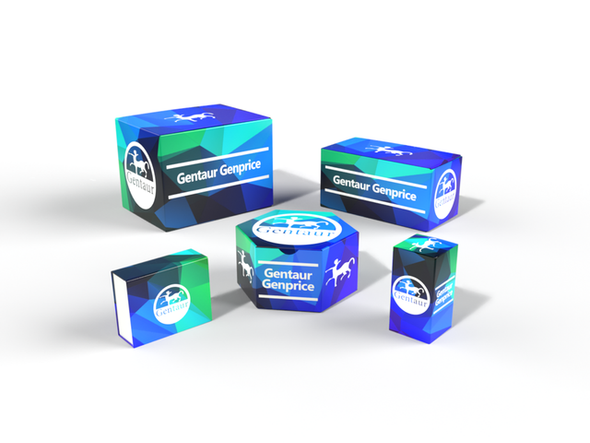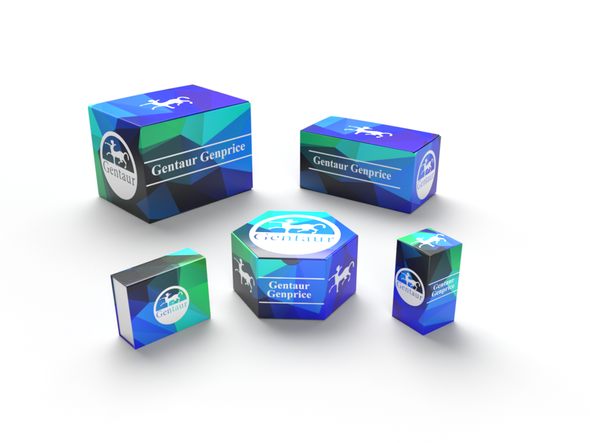Description
TJP3 polyclonal Antibody | BS60256 | Gentaur UK, US & Europe Distribution
Host: Rabbit
Reactivity: Human,Mouse,Rat
Application: WB
Application Range: WB: 1:500~1:1000
Background: Tight junctions are complexes of proteins that create intercellular boundaries between the plasma membrane domains of epithelial and endothelial cells. Many of the tight junction-associated proteins are members of the membrane-associated guanylate kinase (MAGUK) family and include occludin, ZO-1, ZO-2 and ZO-3. These proteins are thought to have both structural and signaling roles, and are characteristically defined by three protein-protein interaction modules: the PDZ domain, the SH3 domain and the guanylate kinase (GuK) domain. ZO-1 forms complexes with either ZO-2 or ZO-3. In addition, these proteins can also associate with claudin, occludin and F-actin, at tight junction stands, where they provide a linkage between the actin cytoskeleton and the tight junction. ZO-1 expression is significantly reduced in many breast cancer lines (8) . ZO-2 and ZO-3 are ubiquitously expressed within epithelial tight junctions, and unlike ZO-1, which is also expressed at cell junctions of cardiac myocytes, ZO-2 is not expressed in nonepithelial tissue .
Storage & Stability: Store at 4°C short term. Aliquot and store at -20°C long term. Avoid freeze-thaw cycles.
Specificity: TJP3 polyclonal Antibody detects endogenous levels of TJP3 protein.
Molecular Weight: ~ 110 kDa
Note: For research use only, not for use in diagnostic procedure.
Alternative Names: Tight junction protein ZO-3; Tight junction protein 3; Zona occludens protein 3; Zonula occludens protein 3; TJP3; ZO3
Immunogen: A synthetic peptide corresponding to residues in Human TJP3.
Conjugate: Unconjugated
Modification: Unmodification
Purification & Purity: The Antibody was affinity-purified from rabbit antiserum by affinity-chromatography using epitope-specific immunogen and the purity is > 95% (by SDS-PAGE) .
Pathway:






